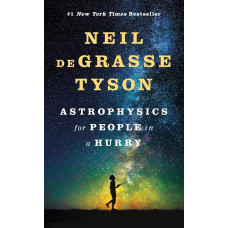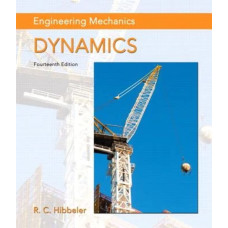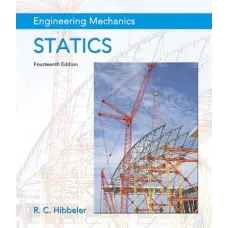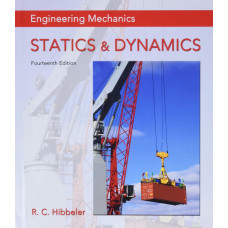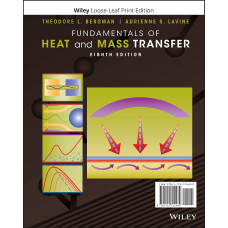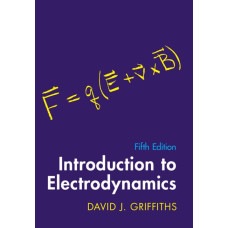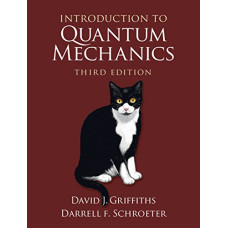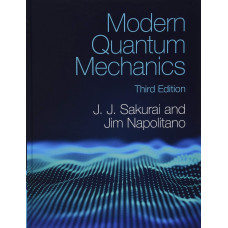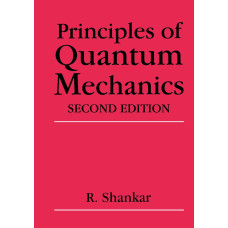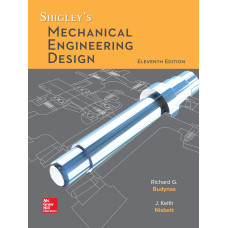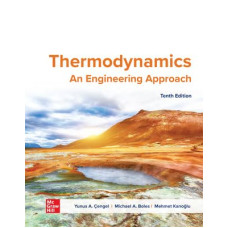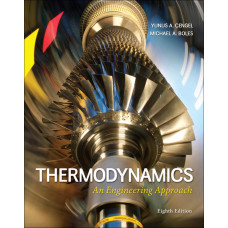Physics

A physics engineering textbook is a comprehensive and essential resource for students and professionals delving into the intricate world of applied physics and its practical applications. These meticulously crafted tomes serve as a bridge between the theoretical principles of physics and their real-world implementation, guiding readers through the fundamental laws and principles that govern the physical universe and demonstrating how they can be harnessed and leveraged to design, develop, and optimize complex engineering systems. Filled with detailed equations, diagrams, and case studies, a physics engineering textbook provides an in-depth exploration of topics ranging from classical mechanics and thermodynamics to electromagnetism, quantum theory, and beyond, equipping readers with the knowledge and problem-solving skills required to tackle the multifaceted challenges faced by modern engineers. Beyond just presenting dry formulas and theories, these textbooks also delve into the historical context and technological advancements that have shaped the field, fostering a deeper understanding of how physics has evolved and continues to drive innovation across a wide array of industries, from aerospace and energy to biomedical and civil engineering. With its blend of theoretical rigor and practical application, a physics engineering textbook is an indispensable tool for anyone seeking to unlock the power of physics and translate it into tangible, real-world solutions.
Astrophysics for People in a Hurry
Over a year on the New York Times bestseller list and more than a million copies sold. The essential..
$7.49 $18.95
Engineering Mechanics: Dynamics
For Dynamics Courses.A Proven Approach to Conceptual Understanding and Problem-solving Ski..
$234.96 $273.32
Engineering Mechanics: Statics
A Proven Approach to Conceptual Understanding and Problem-solving SkillsEngineering Mechanics: Stati..
$159.99
Engineering Mechanics: Statics & Dynamics 14th Edition
For Statics, Dynamics, and Combined Statics & Dynamics Courses.A Proven Approach to Conceptual U..
$177.11
Fundamentals of Heat and Mass Transfer
Fundamentals of Heat and Mass Transfer 8th Edition has been the gold standard of heat tran..
$98.04 $142.95
Introduction to Electrodynamics
In this new edition of the standard undergraduate textbook on electricity and magnetism, David Griff..
$64.98 $69.99
Introduction to Quantum Mechanics
Changes and additions to the new edition of this classic textbook include a new chapter on symmetrie..
$66.00 $79.99
Modern Quantum Mechanics
Modern Quantum Mechanics is a classic graduate level textbook, covering the main concepts from quant..
$67.58 $83.99
Principles of Quantum Mechanics
R. Shankar has introduced major additions and updated key presentations in this second edition of Pr..
$52.62 $99.99
Shigley's Mechanical Engineering Design
Shigley's Mechanical Engineering Design is intended for students beginning the study of mechanical e..
$160.00 $183.10
Thermodynamics: An Engineering Approach
Cengel’s Thermodynamics is known to be student friendly, self-instructive, and easy to rea..
$104.97 $195.75
Thermodynamics: An Engineering Approach
Fundamentals of Heat and Mass Transfer 8th Edition has been the gold standard of heat tran..
$72.80

